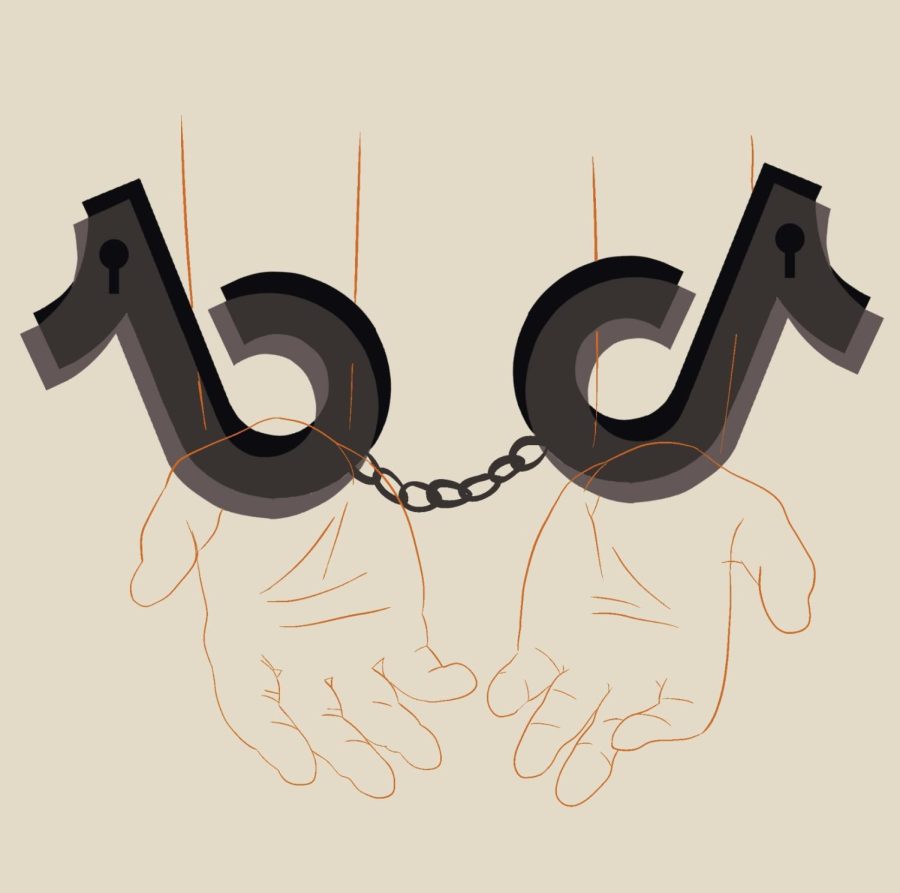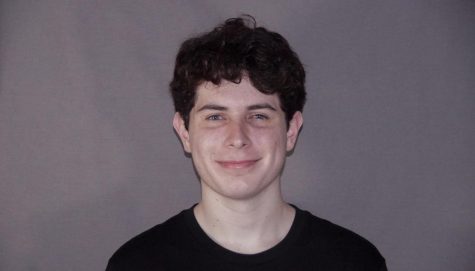‘The Patriot Act’ of the digital age
April 4, 2023
TikTok is one of the largest social media platforms, boasting approximately one billion active users globally — eighty million of these users reside in the United States. On January 30, Congress announced its plans to investigate ByteDance, TikTok and its CEO, Shou Chew, on March 23 before the House Energy and Commerce Committee. Before the hearing, on March 7 Congress announced the RESTRICT Act — a content regulation law with huge implications.
The RESTRICT Act is seemingly meant to protect the U.S. from foreign media containing spyware or similar dangerous properties, deeming them as national security risks. The act will allow the secretary of commerce, in collaboration with the executive branch, to “[enforce] any mitigation measure to address any risk” regarding a “current, past, or potential future transaction.” The act allows the government to investigate virtually any form of digital media from a country deemed as “opposition” and put restrictions or bans on it.
Normally when something is inaccessible in an area or country, internet users will use VPN programs to access the media. Under the RESTRICT Act, this will no longer be feasible. Those caught by the government accessing banned content are subject to upwards of $1 million dollar in fines and/or a 20-year prison sentence.
Though, if somebody violates the bans, how would the federal government know? The act will allow the U.S. government to investigate “gaming applications,” “desktop applications,” “webcams,” “mobile networks” and more if they are deemed to “pose an undue or unacceptable risk.” This allows the federal government to access all private digital information of whoever or whatever they deem a national security risk.
The RESTRICT Act, being proposed in tandem with the congressional hearings as a “TikTok ban,” does not even mention TikTok within the bill itself. It is not about TikTok, and it never has been. It is all about controlling the American public. While Congress has ranted in the TikTok hearings about the Communist Party of China (CCP), it is nothing but fear-mongering.
In 2001, after 9/11, Congresspeople spouted propaganda saying that they needed to pass the Patriot Act to protect the American public from the threat of Al-Qaeda and other terroristic threats. The Patriot Act drastically increased the government’s ability to spy on its citizens while reducing its accountability.
The RESTRICT Act is the modern Patriot Act; swap “Al-Qaeda” with “CCP” and “terrorism” with “spying” and similarities become even more apparent. The government claims this law needs to be implemented to protect the U.S. from foreign espionage, but it is just another way to surveil us. In 2001, the Patriot Act was signed into law, and history seems to always repeat itself.
To oppose this unjust law, find and contact your local representatives’ office at https://www.house.gov/representatives#state-texas.








